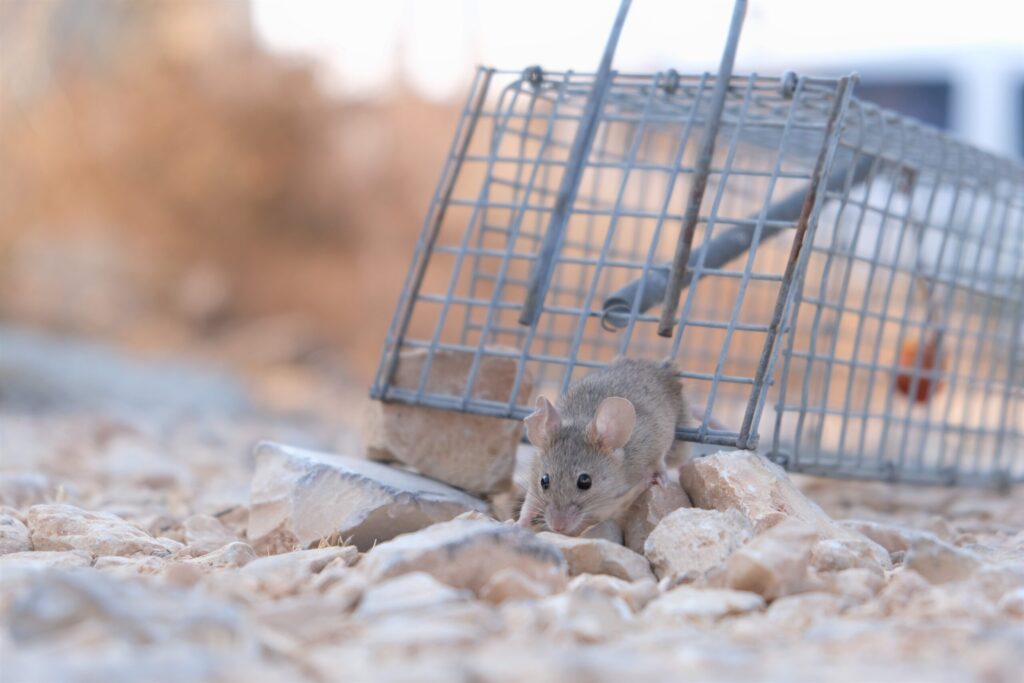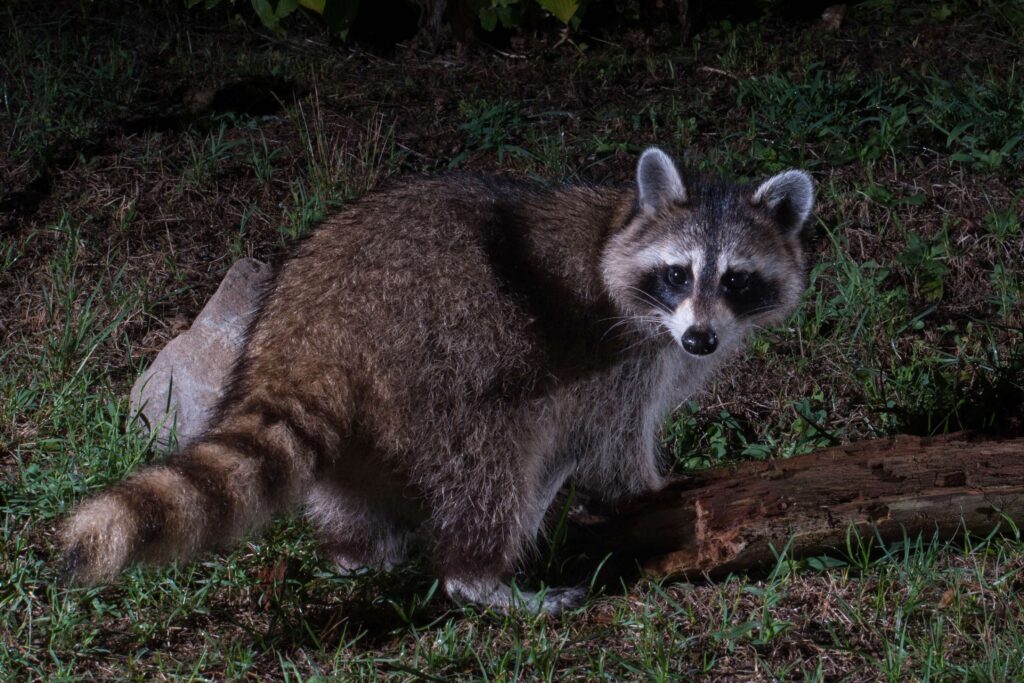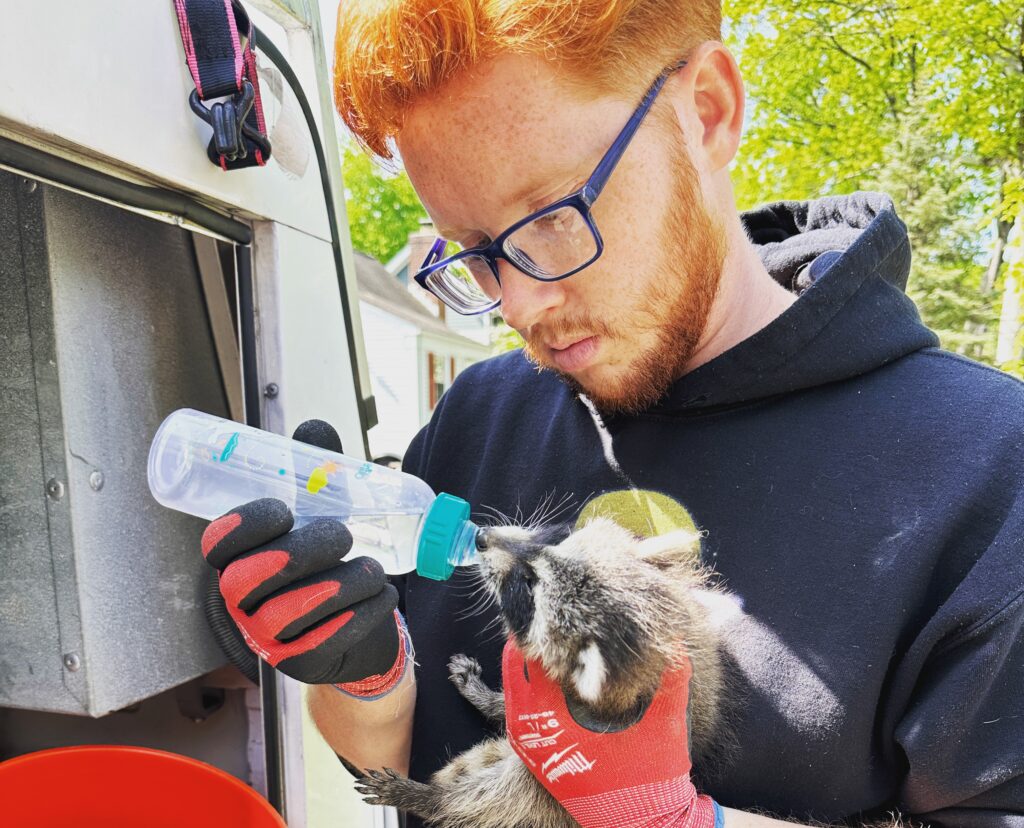Key Takeaways
- Animal trapping in New Jersey is governed by strict regulations to ensure humane and ethical treatment of wildlife.
- Humane trapping methods are not only ethical but also eco-friendly, preserving the local ecosystem.
- Employing humane techniques not only keeps you within the law but also provides peace of mind.
- Timing is crucial in animal trapping, with spring and fall being the most effective seasons.
- Kritter Catchers is your trusted partner for animal trapping in New Jersey, offering professional and ethical services.
Animal Trapping in New Jersey: Unveiling the Truth
Animal trapping in New Jersey, as in many other states, has evolved significantly over the years. While the idea of trapping animals might conjure images of harsh, outdated methods, the reality is quite different. In this article, we will delve into the world of animal trapping in New Jersey, debunking common misconceptions, highlighting humane approaches, and explaining how Kritter Catchers can be your trusted partner in handling wildlife encounters.
Purpose of Animal Trapping
The primary purposes of animal trapping in New Jersey include:
Wildlife Management: To maintain ecological balance, it’s essential to control the population of certain species. Overpopulation can lead to food shortages and can disrupt the balance of the ecosystem.
Nuisance Control: Some animals, like raccoons or skunks, might invade urban areas, causing property damage or posing health risks. Trapping can help alleviate these issues.
Research and Monitoring: Biologists and researchers sometimes use trapping as a method to study animal behavior, migration patterns, and population dynamics.
Kritter Catchers Humane Practices
The state mandates the use of humane trapping methods:
Quick-Kill Traps: These are designed to kill instantly, reducing the animal’s suffering.
Live-Catch Traps: These allow trappers to catch and release animals without causing them harm. They are commonly used for nuisance control in urban areas.
The Role of Education
Education plays a critical role in shaping public opinion and ensuring that trappers follow best practices:
Trapping Courses: New Jersey offers courses that teach ethical and effective trapping methods.
Public Awareness: Efforts are ongoing to educate the public about the importance of wildlife management and the role of ethical trapping.

Understanding Animal Trapping in New Jersey
New Jersey Animal Trapping Regulations
To address animal trapping in New Jersey, it’s crucial to first understand the relevant regulations. The Garden State has strict laws governing the trapping and relocation of wildlife. These laws are designed to ensure the humane treatment of animals and protect the local ecosystem. Trapping without proper permits or using inhumane methods is illegal and subject to fines.
Humane Trapping Techniques
Animal trapping has come a long way, and today, there are humane and eco-friendly methods designed to minimize harm to animals. Live traps, which capture animals without causing them harm, are commonly used. These traps allow for the safe removal and relocation of wildlife, reducing stress on both animals and humans.
Why Choose Kritter Catchers For Humane Trapping Methods?
Ethical Considerations: Using humane trapping methods reflects a responsible and compassionate approach to dealing with wildlife conflicts.
Environmental Impact: Reducing harm to animals also preserves the balance of the local ecosystem, ensuring that nature can thrive.
Safety: Humane trapping methods protect you, your property, and your family from potential harm or property damage caused by wild animals.
Legal Compliance: Employing humane techniques ensures compliance with New Jersey’s wildlife regulations, avoiding legal issues and fines.
Peace of Mind: By choosing humane trapping, you can resolve wildlife issues without the guilt or stress associated with harming animals.
FAQs
Why Animal Trapping in New Jersey is Not What You Think?
Animal trapping in New Jersey is regulated by strict laws and regulations to ensure the humane treatment of animals and the safety of residents. Trappers must obtain the necessary permits, follow specific trapping methods, and prioritize animal welfare.
Are there specific seasons for animal trapping in New Jersey?
Yes, there are specific seasons for animal trapping in New Jersey. These seasons vary depending on the species of the animal being trapped. It’s important to check the New Jersey Division of Fish and Wildlife for the most up-to-date information on trapping seasons.
What types of animals can be legally trapped in New Jersey?
In New Jersey, you can legally trap certain species of fur-bearing animals like raccoons, opossums, muskrats, and beavers. However, endangered or threatened species and certain other animals cannot be trapped.
Is it necessary to have a trapping license in New Jersey?
Yes, anyone who wishes to engage in animal trapping in New Jersey must obtain a trapping license. The license ensures that trappers are knowledgeable about the rules and regulations governing trapping.
What should I do if I encounter an animal trap in a public area in New Jersey?
If you come across an animal trap in a public area in New Jersey, it’s essential to exercise caution and avoid interfering with the trap. Contact local authorities or the New Jersey Division of Fish and Wildlife to report the location of the trap and let them handle the situation.
Conclusion:
Animal trapping in New Jersey doesn’t have to be what you might have imagined. With strict regulations, humane methods, and experts like Kritter Catchers, you can peacefully coexist with the local wildlife while ensuring their well-being. When faced with wildlife conflicts, don’t hesitate to call Kritter Catchers now at (973) 747-5455 for professional and ethical assistance.
In summary, animal trapping in New Jersey is a well-regulated and humane practice that safeguards both wildlife and human interests. Choose humane trapping methods, abide by state regulations, and make responsible choices when dealing with wildlife intrusions.


